If you’ve already dived into our massive fall movie preview, then you have a strong sense of what to have on your radar over the next four months. Now let’s examine September a little closer, already including a few new additions since our fall preview went up. Of course, from Venice to TIFF to NYFF, much of the month will be dedicated to our festival coverage, which you can follow here.
12. The Featherweight (Robert Kolodny; Sept. 20)
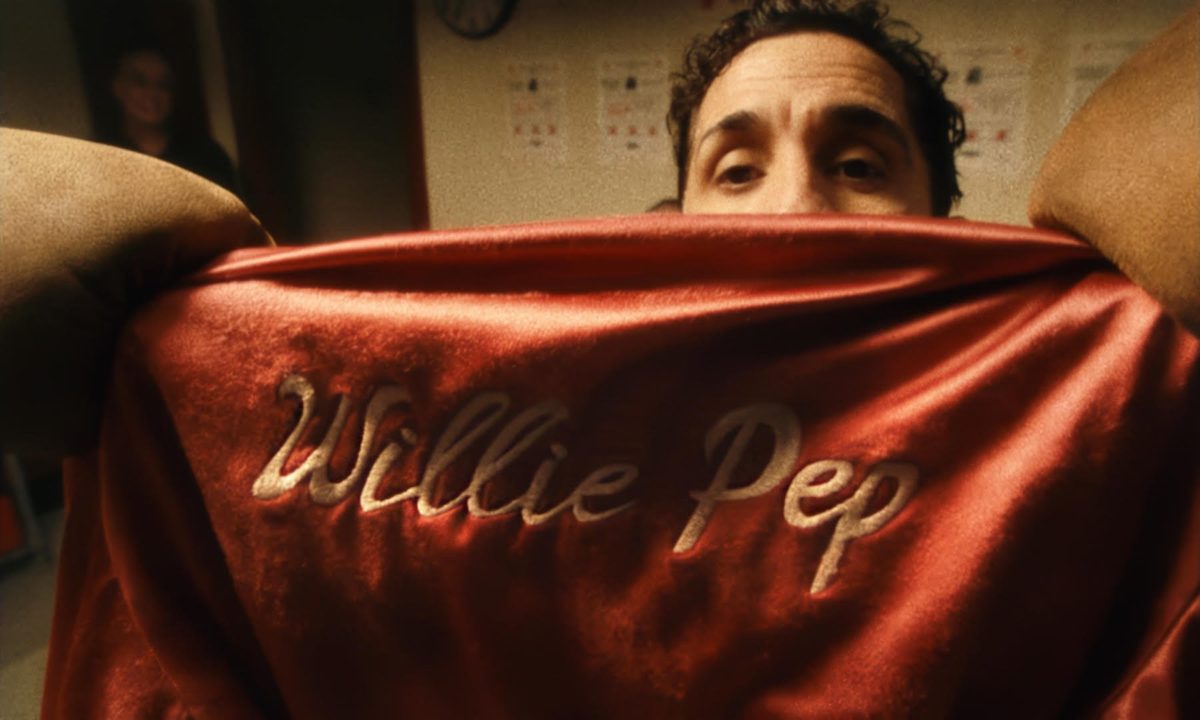
With the never-ending glut of biopics, particularly those centered in the world of sports, it can often feel like there’s not much new territory to cover. While Sean Durkin’s The Iron Claw recently showed how a singular vision can elevate the genre, another film taking place partially inside the ring breathes new life. Robert Kolodny, who worked on the cinematography team of All the Beauty and the Bloodshed and Procession, makes his feature debut with The Featherweight, capturing the comeback of worn-out boxer Willie Pep (James Madio) facing mounting family and business pressures in his life. Taking on a compellingly slippery conceit, the film is shot as if a documentary crew followed Pep’s every turn, including direct-to-camera confessionals from the boxer. The gamble offers a fascinating narrative bridge and one that, thanks to Adam Kolodny’s ’60s-esque grainy cinematography, keeps us immersed every step of his journey.
11. Girls Will Be Girls (Shuchi Talati; Sept. 13)

While Sundance is perhaps most associated with the coming-of-age film, one of a different variety arrived at the festival this year. Girls Will Be Girls follows a young Indian girl who begins a romance with her boarding-school classmate which puts her at odds with her mother. The film was praised in John Fink’s review as a “nuanced, interesting portrait of a 16-year-old girl coming to terms with a sexual awakening and her young mother, who never quite had the chance to experience one either.”
10. Look Into My Eyes (Lana Wilson; Sept. 6)
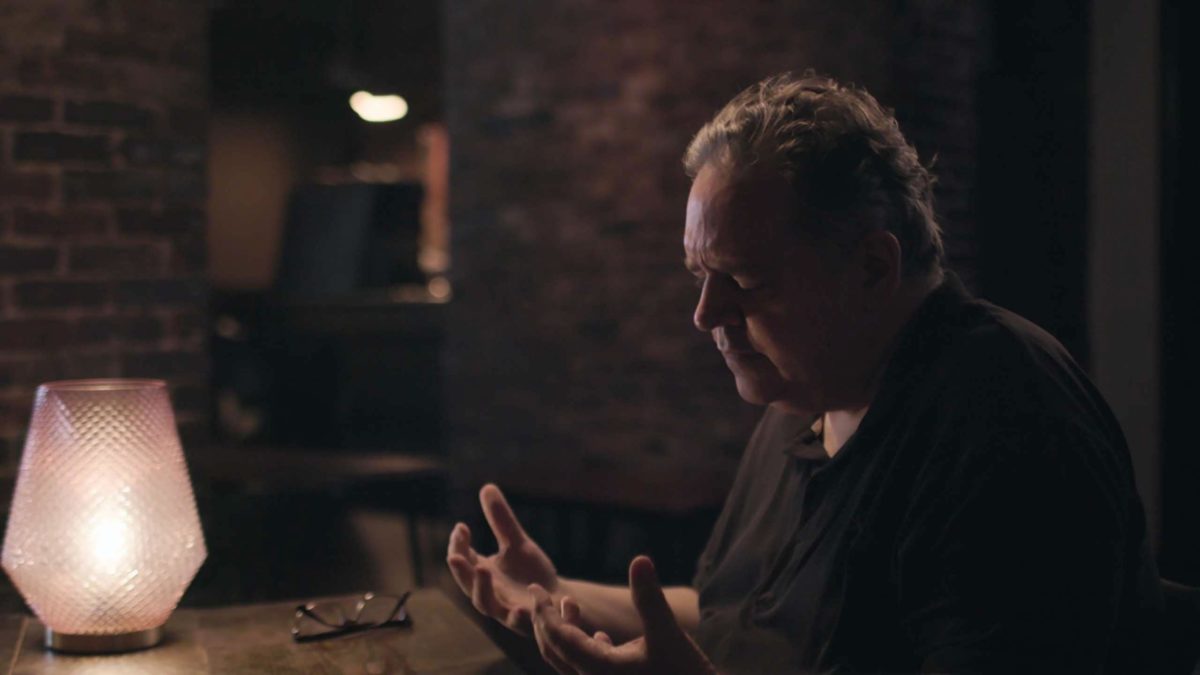
While they’ve only backed a few documentaries––notably De Palma, Boys State, Occupied City, and the re-release of Stop Making Sense––A24’s latest foray into non-fiction explores the psychic realm. Look Into My Eyes, from After Tiller, Miss Americana, and Pretty Baby: Brooke Shields director Lana Wilson, follows a group of New York City psychics, and as Jake Kring-Schreifels said in his Sundance review, “Ask enough people what they think about psychics and clairvoyants, and you’ll probably get eye-rolls. Whether referencing the storefront tarot readers or the more seriously minded seers who perform seances and communicate with those who have transitioned into the afterlife, the impression of this spiritual trade is generally disbelief. What’s unique about director Lana Wilson’s latest documentary, which primarily highlights seven psychics living in various parts of New York City, is that it never aims to persuade you against that reaction. In this deeply moving, compassionate exploration, determining whether this small and goofy group actually has real powers is beside the point.”
9. Red Rooms (Pascal Plante; Sept. 6)

One of the most unsettling thrillers of the years, Red Rooms marks a gripping start to the fall movie season. Alistair Ryder said in his review, “Arriving more than a year after its Karlovy Vary premiere, Canadian thriller Red Rooms feels most like a dark companion piece to Saint Omer in its perspective-shifting analysis of a courtroom observer, although that’s where the similarities end. Director Pascal Plante’s tale of true-crime obsession pushed to one of its most uncomfortable logical extremes doesn’t attempt to rip up the rulebook of how courtroom dramas operate so much as it tries grappling with the sensationalized allure of murder cases, and the disastrous consequences of third-party observers feeding off the personal trauma of others. That it manages to be so critical whilst succeeding as a nihilistic thriller at face value––albeit one closer in tone to Olivier Assayas’ Demonlover than David Fincher, to whom it has been regularly compared––is its greatest achievement, a stealth satire of which Paul Verhoeven would be proud.”
8. My First Film (Zia Anger; Sept. 6 on MUBI)
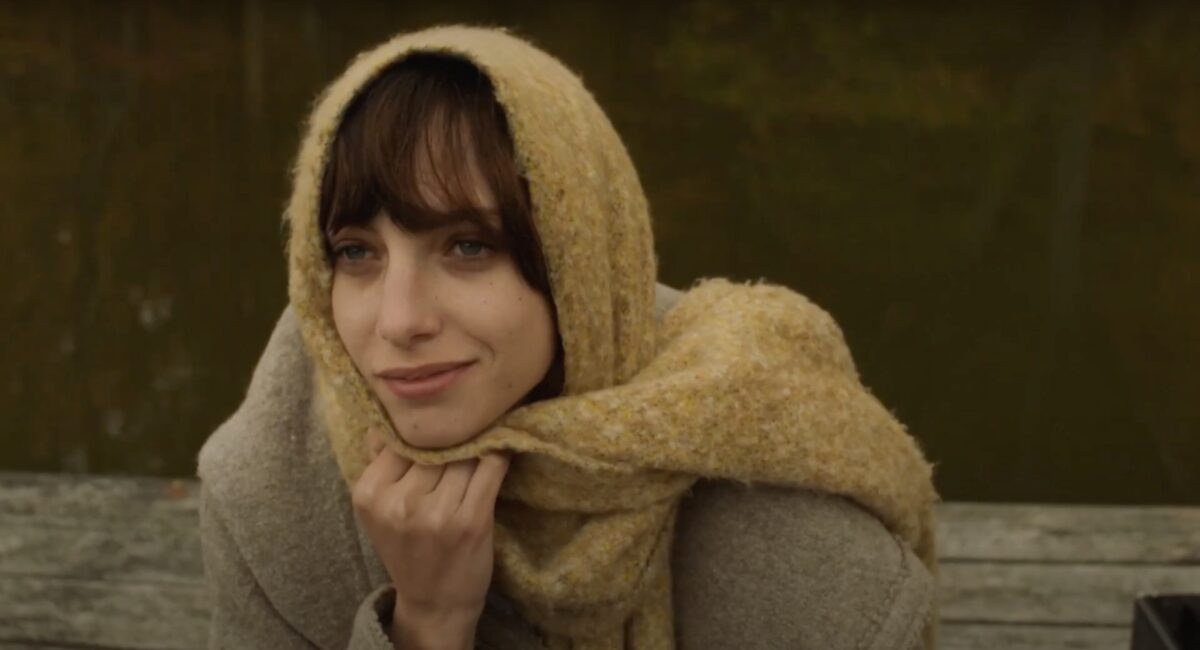
After a brief theatrical run, Zia Anger’s My First Film will now arrive on MUBI this week. Nick Newman said in his interview with the director, “Zia Anger’s name has been a kind of totem for underground film artistry, to whatever extent that seems to exist anymore. Her presentation-based My First Film made waves in recent years as the ultimate vision / confession of artistic failure and regret, making somewhat peculiar the existence of, let’s see what it’s called, My First Film, a feature debut-of-sorts that tells of her younger self’s failure to launch a filmmaking career. Or someone like her: the lead character is Vita, a shortsighted and temperamental young director failing to control cast, crew, ideas, or impulses; but present in the film is Zia, who reflects on this difficult time in the character’s (her?) life. Fear not any risk of complication: My First Film makes legible––dare I say universal?––thwarted dreams and personal embarrassment vis-a-vis the interplay of Anger’s actual work and Vita’s imagined endeavors.”
7. Eureka (Lisandro Alonso; Sept. 20)
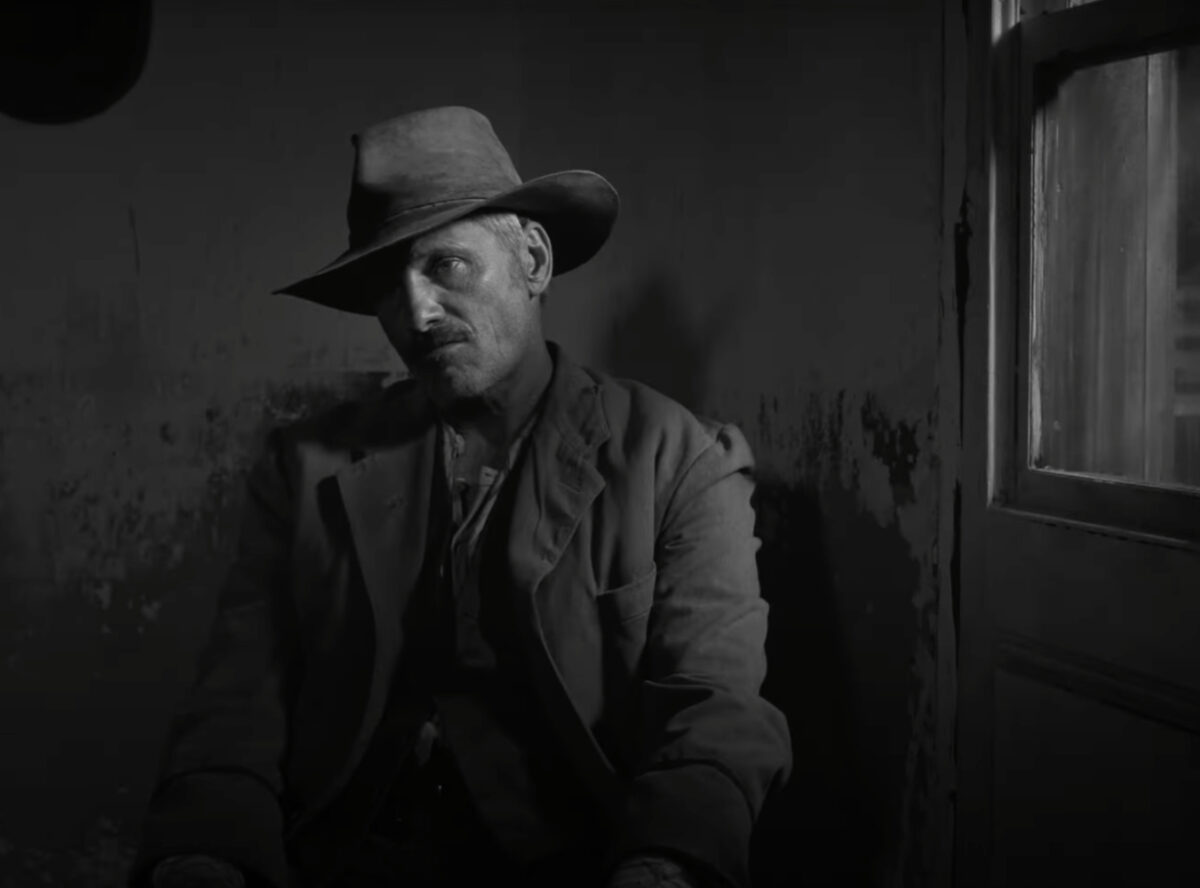
One of the most-anticipated films to premiere at Cannes last year was Lisandro Alonso’s Jauja follow-up Eureka. An epic spanning three different stories across space and time, with a cast including Viggo Mortensen and Chiara Mastroianni, the Argentine director’s most ambitious work yet is finally opening in theaters this month. Leonardo Goi said in his Cannes review, “Nine years since that underground epiphany, along comes Eureka, a film that, for large chunks, seems to emerge from the same hallucinatory terrain Jauja opened up. Like all its predecessors, this unfurls as a literal journey dotted with solitary wanderers either searching for or mourning lost relatives. (“All families disappear eventually,” Gunnar was told down the cave, a line that might as well double as the director’s motto.) Old tropes and motifs notwithstanding, Alonso’s latest is his most ambitious: a tripartite film, Eureka sides not with the white strangers in strange lands that had long peopled Alonso’s oeuvre, but with the native communities facing these invaders. Its scope is ecumenical, its geography massive. In barest terms, Eureka’s designed to sponge something of, and locate parallels between, the experience of Indigenous communities stranded in three markedly different milieus: the Old West; South Dakota’s Pine Ridge Reservation in the present day; and finally the jungles of early-70s Brazil.”
6. Matt and Mara (Kazik Radwanski; Sept. 13)
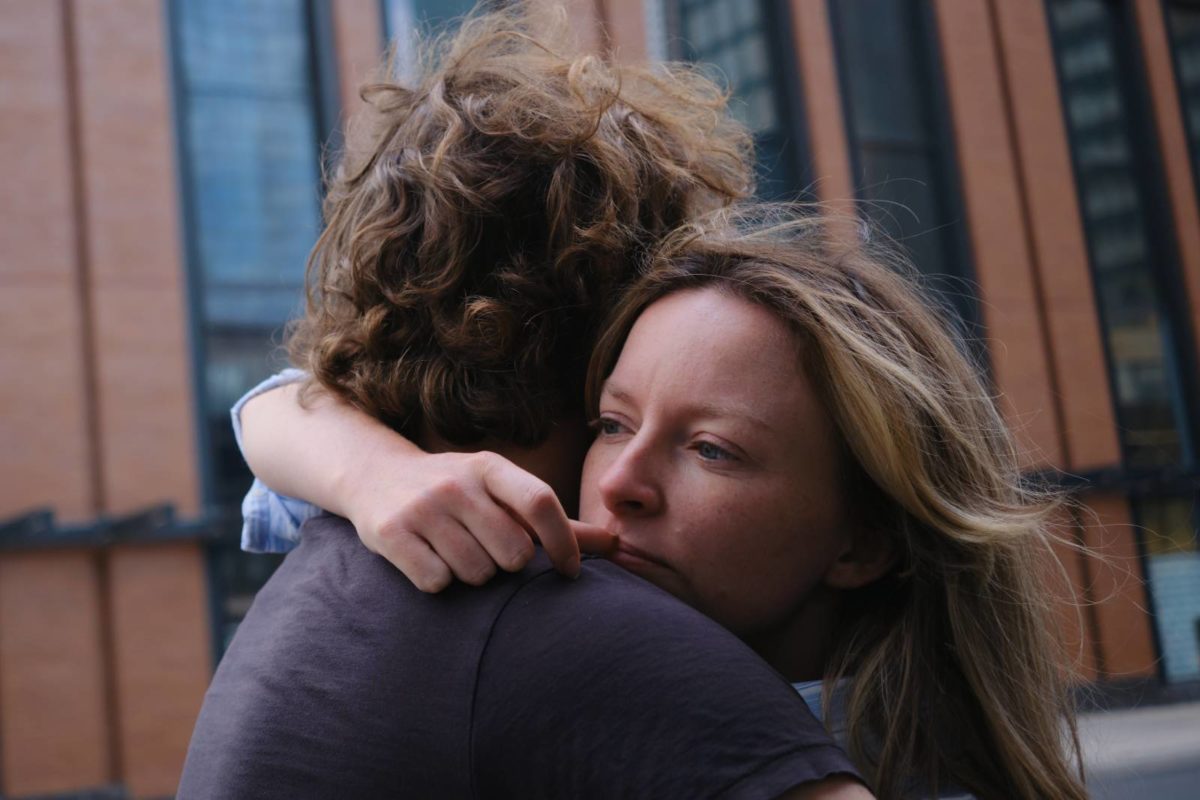
A standout at the 2024 Berlinale, Canadian director Kazik Radwanski’s Matt and Mara reunited him with his Anne at 13,000 ft star Deragh Campbell, joined by Matt Johnson, director of BlackBerry. Savina Petkova said her Berlinale review, “Radwanski hones his intuitive directorial skills into crafting a narrative out of these paradoxes of intimacy that bind the two. What grounds the abstraction is the chemistry Campbell and Johnson share, and the safety they are both equally unwilling to abandon. Matt acts, Mara reacts; to a certain extent, he “activates” her in a way her roles of a tutor, wife, and mother cannot. In a string of minor events highlighting their compatibility and clashes, it becomes less about the “will-they-won’t-they” than about exploring the boundaries of oneself in a controlled environment. Not exactly an experiment, but certainly a testing ground.”
5. The Substance (Coralie Fargeat; Sept. 20)
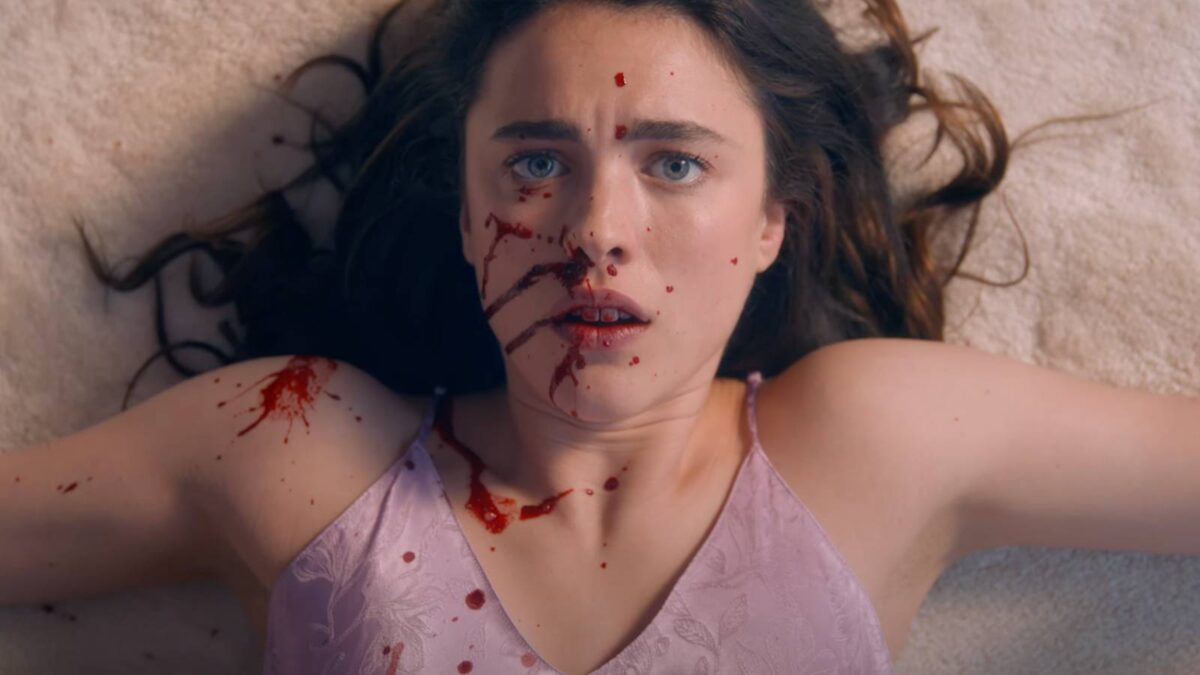
Have you ever dreamt of a better version of yourself? One of the most-discussed films coming out of this year’s Cannes was Coralie Fargeat’s Revenge follow-up The Substance, a body horror feature that picked up Best Screenplay and stars Demi Moore, Margaret Qualley, and Dennis Quaid. As Luke Hicks said in his review, “Qualley and Moore are naked for a large part of the film, lending their figures––twisted, contorted, dragged, deformed, depicted in extreme close-ups, and thematically sexualized––to a movie that’s making some very strong, unpopular claims about a woman’s body image in the 21st century. Fargeat’s overarching perspective on Sparkle’s hellish descent couldn’t be less sexualized, depicting naked beautiful people in situations so upsetting one wouldn’t possibly be turned-on. It’s reminiscent of Scarlett Johansson’s choice to make her nude debut in Jonathan Glazer’s Under the Skin.”
4. A Different Man (Aaron Schimberg; Sept. 20)
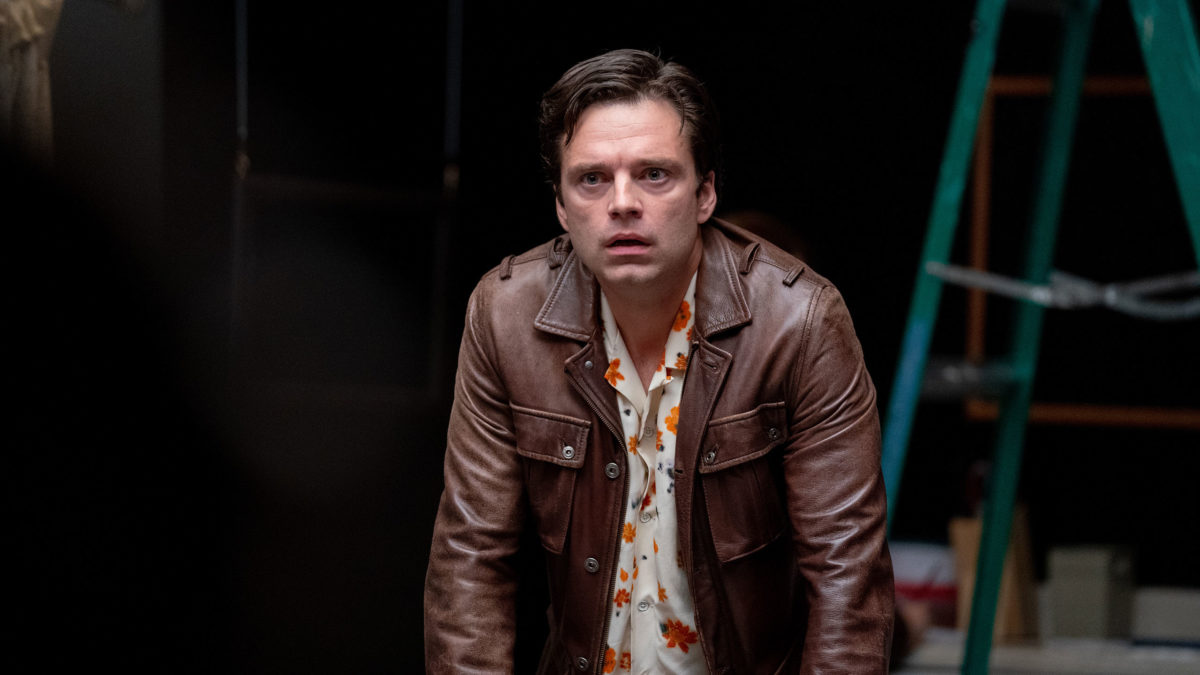
Sebastian Stan’s best performance thus far is finally arriving some eight months after its Sundance debut. Jake Kring-Schreifels said in his review, “There are a lot of ways A Different Man could go and a lot of things it could be. Aaron Schimberg’s uniquely uncomfortable, uncomfortably unique feature sometimes plays as a reverse-Frankenstein medical horror, a tragic life-imitates-art satire, and a spiraling relationship drama. To its ambitious and distinct credit, it attempts packaging them all into ominous-sounding harmony, as if Charlie Kauffman’s surrealist Escher concoctions became a Twilight Zone episode modeled after David Lynch’s Elephant Man or Beauty and the Beast. It’s a dark, hilarious, and deeply unsettling portrait of a disfigured man that’s also an unflinching mirror of a looks-focused industry.”
3. Rebel Ridge (Jeremy Saulnier; Sept. 6 on Netflix)
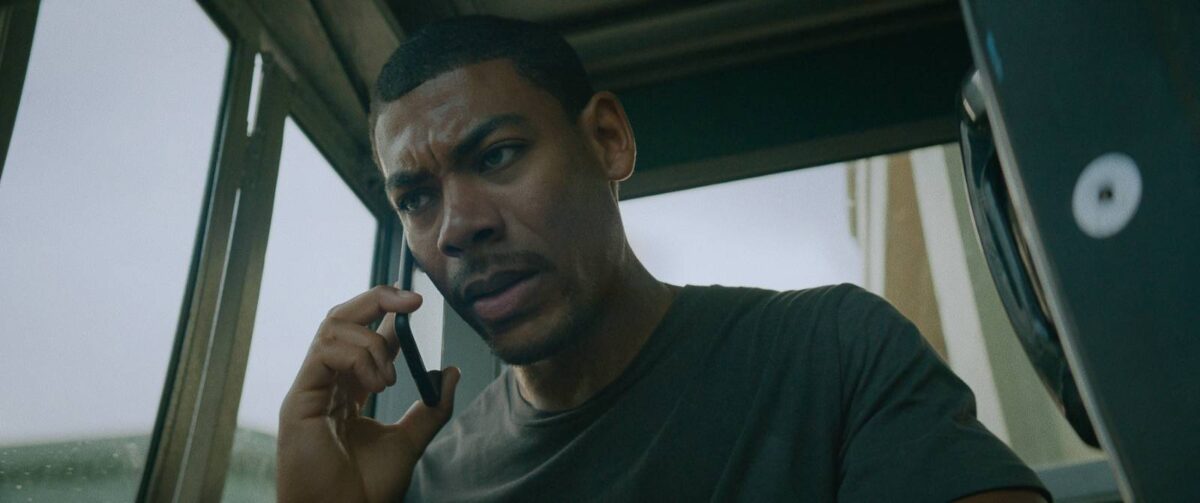
A ruthlessly efficient thriller fueled by boiling rage, Jeremy Saulnier’s Rebel Ridge wastes no time setting the stakes. Terry Richmond (Aaron Pierre) is listening to metal music on his headphones, biking into the fictional small town of Shelby Springs, Louisiana, when a police cruiser crashes into him, forcing a tumble to the ground. He sold his car and a stake in a restaurant he had. With the resulting $36K in cash, he was on his way to bail out a cousin incarcerated for possession of marijuana. From the police’s point of view, he had been evading arrest over the two miles they’d tailed him. Despite only giving him a traffic violation, they enact civil asset forfeiture, seizing all of his cash under the suspicion it may be drug money. This sets the mysterious, resourceful, strong-willed Terry on a mission of combating this police corruption and overreach by any means necessary to make things right. Continue reading my review.
2. His Three Daughters (Azazel Jacobs; Sept. 6 in theaters and Sept. 20 on Netflix)
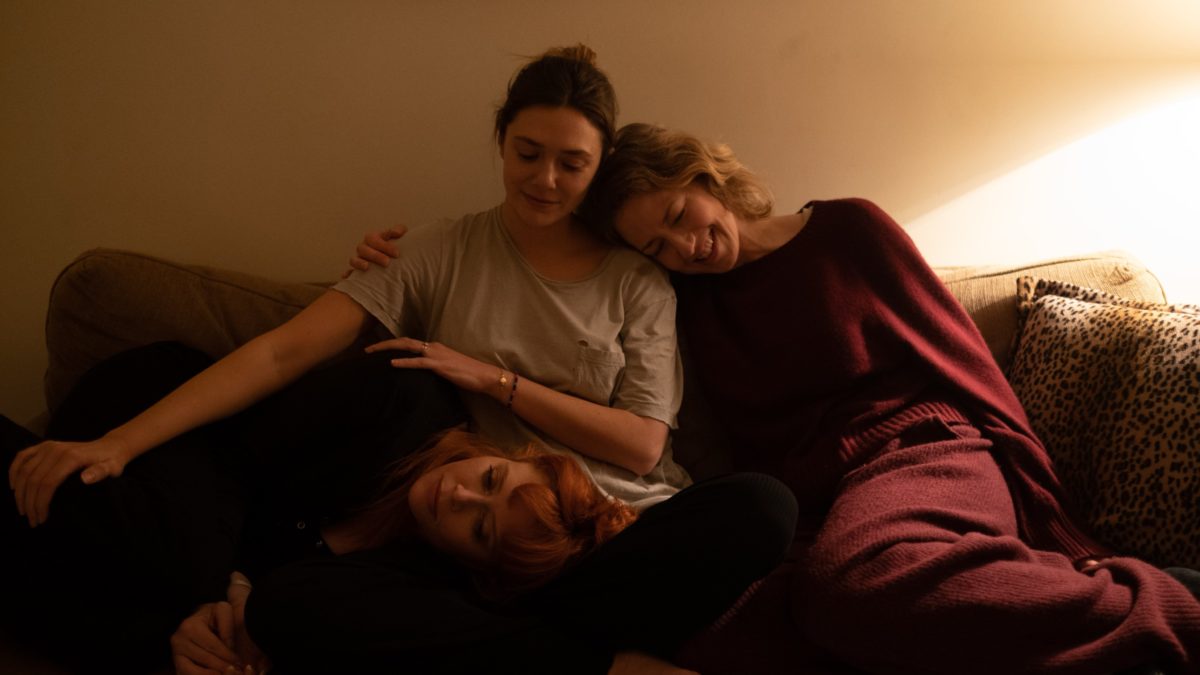
The most emotional viewing experience I had at TIFF last year is now, at long last, finally available for wider viewing. Netflix will be releasing Azazel Jacobs’ tender, beautifully acted drama His Three Daughters in theaters and on the platform this month. C.J. Prince said in his review, “Absence is at the center of His Three Daughters, Azazel Jacobs’ latest film. It’s set almost entirely in a small New York City apartment as three sisters reunite to care for their ailing father in his final days, and Jacobs never lets us see inside his room. The camera stays largely in common areas where the three leads argue, cry, reconcile, and come to terms with living in a world where the one thing tying them together no longer exists. Barring some divisive final-act choices, it’s a powerful work with a smart screenplay and three terrific performances that capture the messy nature of families going through a grieving process.”
1. Megalopolis (Francis Ford Coppola; Sept. 27)
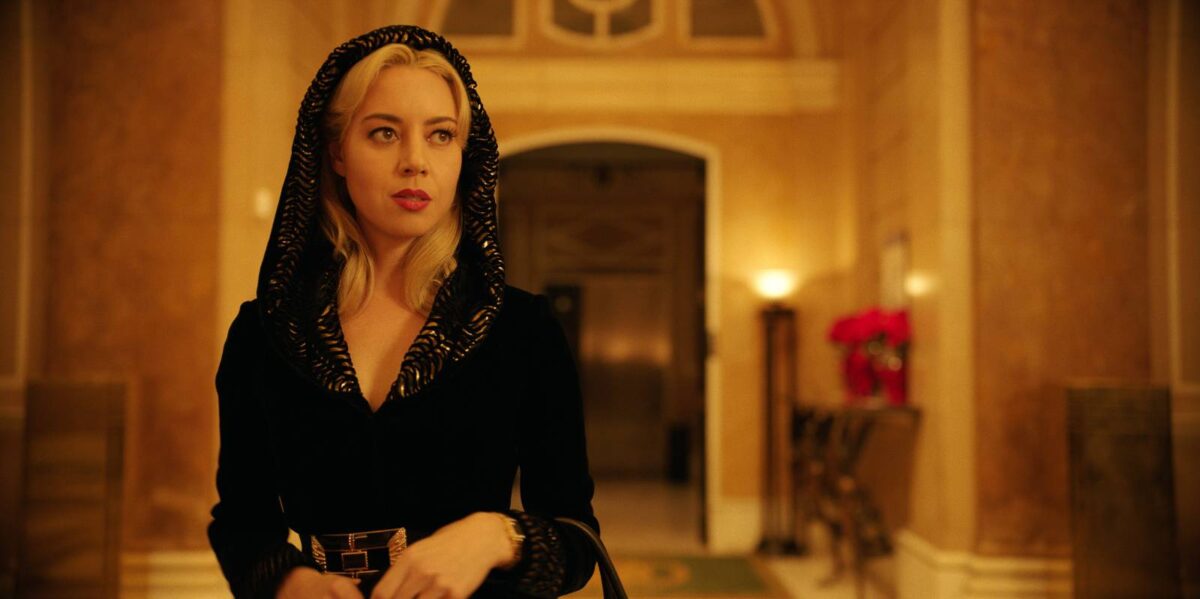
After decades in the works, Francis Ford Coppola’s Megalopolis is arriving with no shortage of divisive reactions and PR baggage––something the embattled director is certainly no stranger to, particularly post-70s heyday. It’s finally arriving to IMAX screens before the Joker sequel takes over; I still can’t wait for the rollercoaster experience. Luke Hicks said in his review, “If you dove head first into Francis Ford Coppola’s Megalopolis, you would get a concussion. The filmmaker’s supposed opus––a glitzy, gargantuan, long-gestating project that he conceived of in the late ‘70s, attempted to make more than once in the ‘80s, rewrote countless times over the last four decades, and eventually self-financed for $120 million due to lack of external support––has had cinephiles like myself drooling over its scope and potential for years. Alas, there is no deep end in this pool. Don’t let that deter you though. Receive it with a healthy dose of doubt and let it reshape (and perhaps healthily lower) your expectations. Because, at the end of the day, for better and for worse, in awe and in tired confusion, Megalopolis is a garish wonder to behold.”
More Films to See
- The Front Room (Sept. 6)
- The Paragon (Sept. 6)
- The Mother of All Lies (Sept. 6)
- Holding Back the Tide (Sept. 6)
- Super-Man: The Christopher Reeve Story (Sept. 21 & 25)
- Lee (Sept. 27)
- The Wild Robot (Sept. 27)
- Notice to Quit (Sept. 27)
- Sleep (Sept. 27)
- Azrael (Sept. 27)
- The Universal Theory (Sept. 27)
